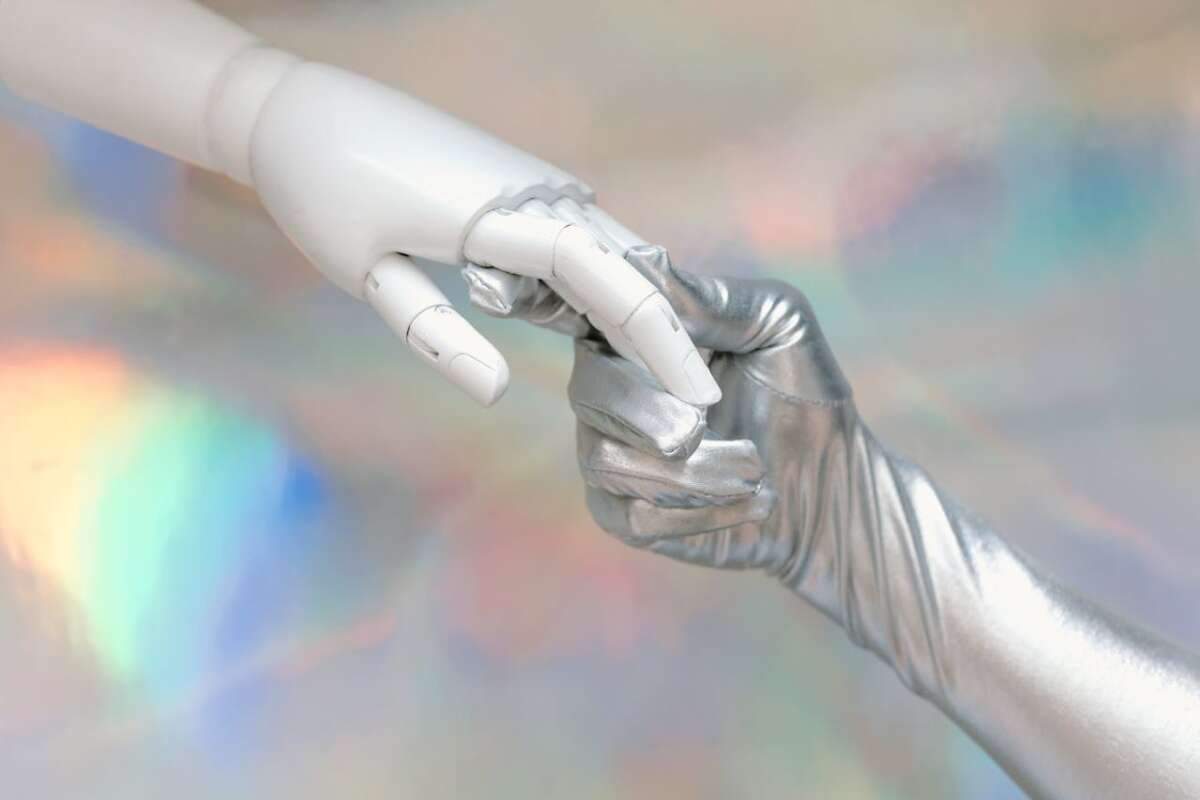

The rapid advancement of artificial intelligence (AI) and automation technologies is poised to revolutionize the global workforce. As machines become increasingly capable of performing tasks once thought to be the exclusive domain of humans, industries across the board are undergoing significant transformation. In this article, we will explore the potential impacts of AI and automation on the future of work, the opportunities they present, and the challenges they pose.
AI and automation technologies are rapidly maturing, enabling machines to perform tasks with greater efficiency, accuracy, and speed. From manufacturing and logistics to healthcare and finance, industries are adopting these technologies to streamline operations, reduce costs, and enhance productivity.
Impact on the Workforce
To adapt to the changing landscape of work, individuals will need to acquire new skills and knowledge. Lifelong learning will become increasingly important as workers need to upskill and reskill to remain competitive in the job market. Governments, businesses, and educational institutions will need to work together to provide opportunities for workers to acquire the skills needed to thrive in the age of AI and automation.
As AI and automation become more prevalent, it is essential to consider the ethical implications of these technologies. Issues such as job displacement, algorithmic bias, and the impact on social inequality must be addressed. It is crucial to develop ethical guidelines and regulations to ensure that AI and automation are used responsibly and for the benefit of society.
The future of work is uncertain, but one thing is clear: AI and automation will play a significant role in shaping the global workforce. By embracing these technologies and investing in education and training, we can mitigate the risks and maximize the opportunities they present.
Fourteen years after its original release, Mahesh Babu’s cult classic Khaleja is all set to…
Many people assume that one type of insurance is enough — either health insurance to…
A massive fire broke out on the early morning of 23 May 2025 at Visakhapatnam…
Health officials have confirmed a new COVID-19 case in Visakhapatnam amid a rising wave of…
With its scenic mountain ranges of the Eastern Ghats, Vizag offers some great weekend treks.…
All year round, we see many movies hitting the silver screen. But only a few…
Leave a Comment